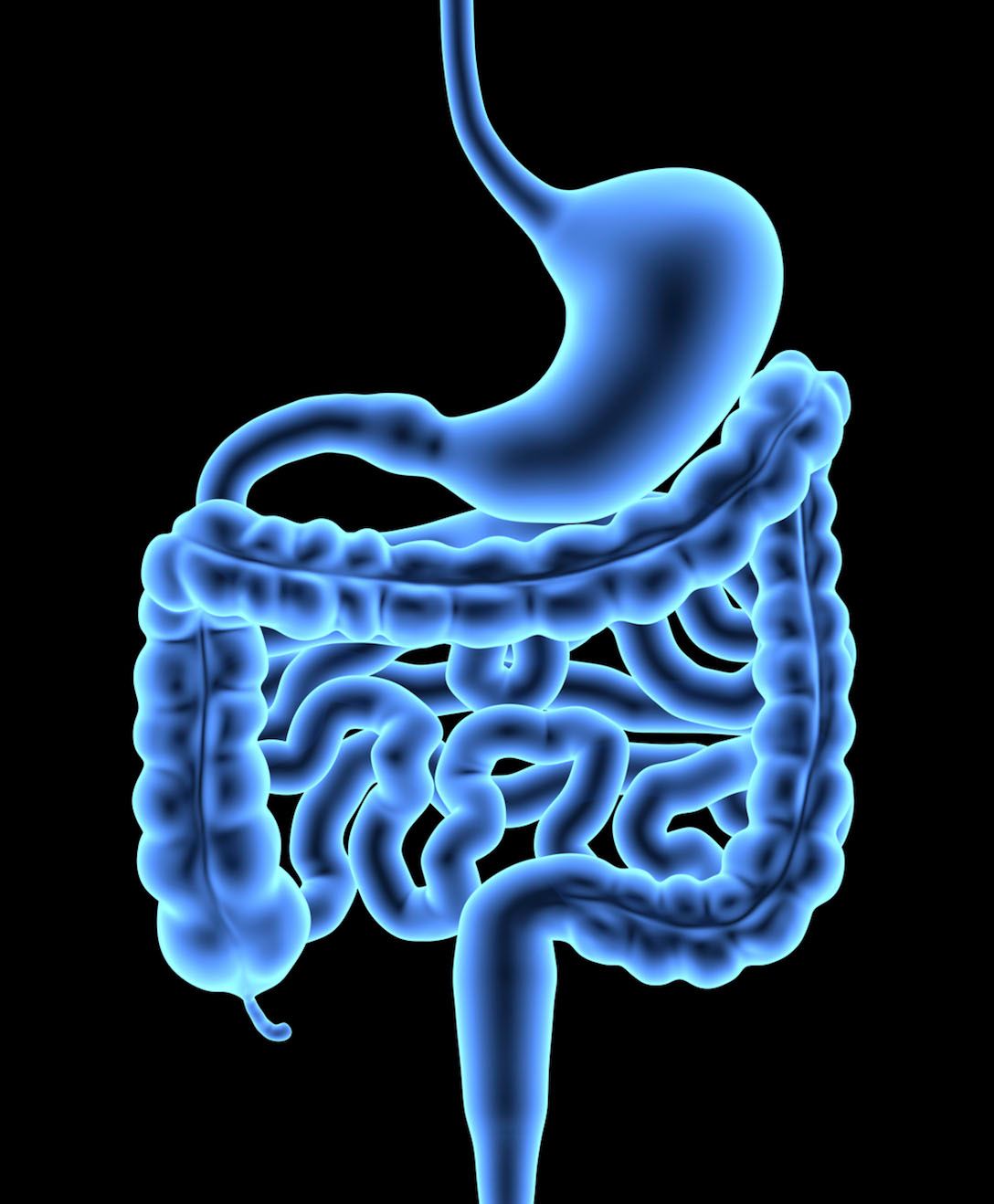Pembrolizumab/Trastuzumab Regimen Effective in Treating HER2-Positive Advanced Gastric, GEJ Cancer
The addition of pembrolizumab and trastuzumab to the combination cisplatin plus capecitabine was able to effectively treat HER2-positive advanced gastric and gastroesophageal junction cancer, regardless of PD-L1 expression in the phase 1b/2 PANTHERA trial.

The addition of pembrolizumab (Keytruda) and trastuzumab (Herceptin) to the combination cisplatin plus capecitabine was able to effectively treat HER2-positive advanced gastric and gastroesophageal junction (GEJ) cancer, regardless of PD-L1 expression in the phase 1b/2 PANTHERA trial (NCT02901301), according to updated clinical and molecular findings presented during the 2021 ASCO Gastrointestinal Cancers Symposium.1
The study results also showed that alterations to the RTK/RAS pathway in patients with HER2 amplifications were associated with a statistically significant improved duration of survival in patients.
At a median follow-up of 18.2 months, patients who were administered the triplet therapy regimen (n = 43; median age, 63 years; 76.6% male) achieved a median overall survival (OS) of 19.3% (95% CI, 16.5-NR) and a median progression-free survival (PFS) of 8.6 months (95% CI, 7.2-16.4). The regimen also conferred an overall response rate (ORR) of 76.7% (95% CI, 61.4-88.2) and disease control rate (DCR) of 97.7% (95% CI, 87.7-99.9).
“Clinical parameters including PD-L1 expression were not related to survival,” Sun Young Rha, MD, PhD, a medical oncologist in the Division of Medical Oncology at Yonsei Cancer Center in Seoul, South Korea, said in a recording of the presentation.
As a result, Rha said the researchers decided to evaluate the genomic profiling of patients using targeted next-generation sequencing (NGS).
The phase 1 portion of the trial indicated that the recommended dosing schedule for the phase 2 portion of the trial should be delivered to the patient every 3 weeks with 200 mg of pembrolizumab via IV on day 1, 6 mg/kg of trastuzumab on day 1, 1000 mg/m2 of capecitabine twice a day (BID) on days 1 through 14, and 80 mg/m2 of cisplatin on day 1.
The primary end point of the phase 2 portion of the trial, per RECIST v1.1, was ORR. Additional secondary end points were PFS, OS, duration of response, safety, and predictive biomarker analysis by targeted NGS. At the time of data cutoff (Aug. 31, 2020), 6 patients had completed 2 years of treatment without any disease progression and 3 remained on treatment.
At baseline, more than half of the patients (72.1%) had not received a gastrectomy. Of the organs where the disease progressed to, the most frequent included the lymph nodes (83.7%), liver (48.8%) and peritoneum (25.6%). Using Combined Positive Score (CPS) at baseline to identify PD-L1 protein expression, 39.5% of patients had a CPS of < 1%, 48.8% had a CPS of ≥ 1%, 11.6% had a CPS of ≥ 10% and 11.6% of patients did not undergo a primary tumor PD-L1 status at diagnosis. Using an ImmunoHistoChemistry test, 69.8% of patients had a score of 3+ (indicating a presence of HER2) at baseline and the remaining patients had a score of 2+ (indicating borderline presence of HER2).
More than half of the patients (56.6%) experienced a more than 50% reduction in tumor burden. Patients with HER2 which was amplified (22 months) by NGS had a statistically significant longer median PFS than those without an amplified HER2 (7.7 months) (P=.0275). The same was determined in patients with altered RTK/RAS pathways (median PFS, 13.8 months) vs. patients with wild-type RTK/RAS (4.9 months; P=.001).
“In summary first-line triplet regimen pembrolizumab, trastuzumab, and chemotherapy showed promising efficacy based on HER2 amplification by NGS regardless of PD-L1 status in advanced gastric cancer,” concluded Rha. “Correlative biomarkers found from our study need to be validated through ongoing trials.”
Reference:
Rha SY, Lee C-K, Kim HS, et al. A multi-institutional phase Ib/II trial of first-line triplet regimen (Pembrolizumab, Trastuzumab, Chemotherapy) for HER2-positive advanced gastric and gastroesophageal junction cancer (PANTHERA Trial): Molecular profiling and clinical update. Presented at: 2021 ASCO Gastrointestinal Cancers Symposium; January 15-17, 2021; Virtual. Abstract 218.








